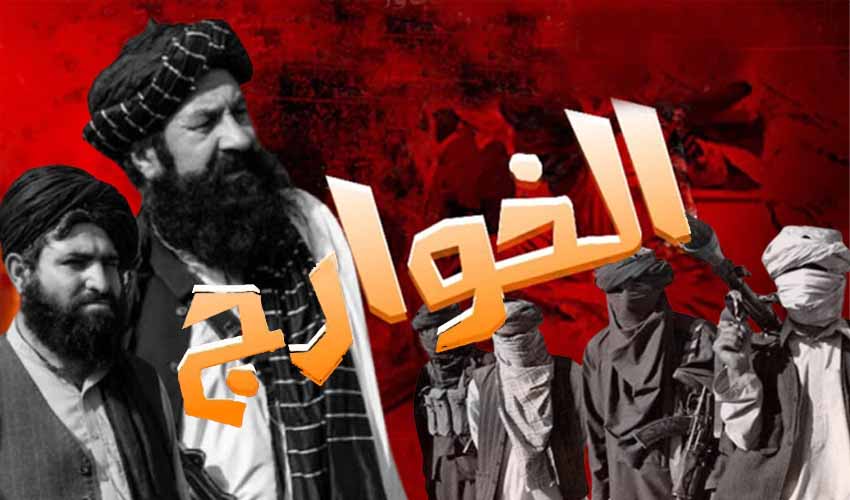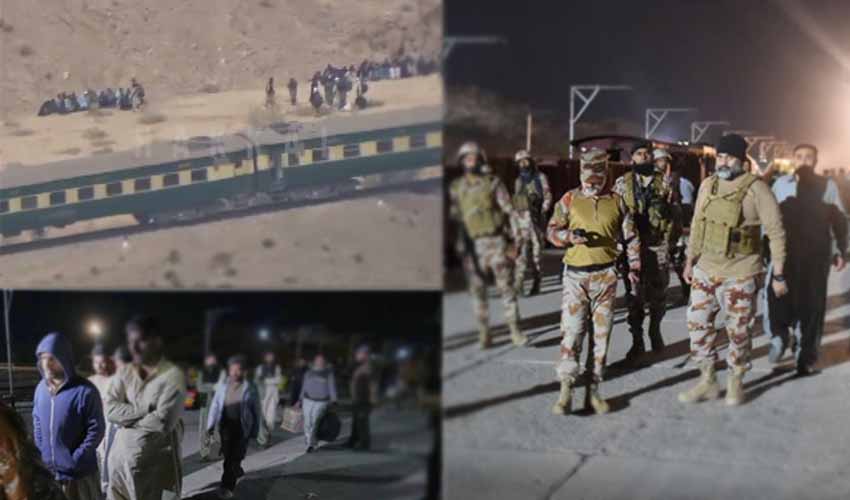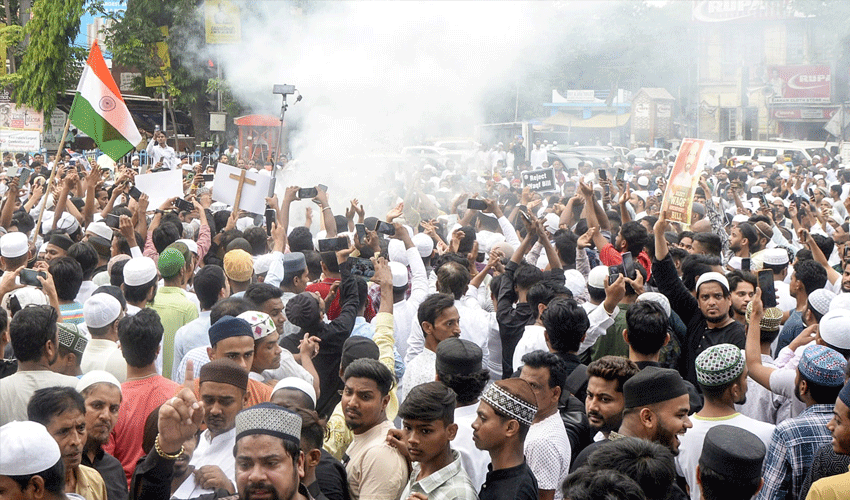In a rather startling evolution of its propaganda stratagem, Fitna Al Khawarij has issued a press communiqué. This missive, distinctly characterized by an unusually formal and a rather legalistic vernacular, represents a significant departure, a rather jarring divergence, from its traditionally simple jihadist rhetoric. The statement, ostensibly framed as a direct riposte to recent US intelligence evaluations, employs terminology more ordinarily associated with diplomatic intercourse and even the lexicon of human rights discussions. One raises a skeptical brow, naturally.
It denies possessing any "external agenda" and conducts itself as a mere movement, so it claims, focused on resisting alleged state oppression within Pakistan. All the while, it quite boldly accuses the nation's military of grievous human rights infringements, including extrajudicial killings and the desecration of human bodies. This refined linguistic maneuver represents a decidedly calculated endeavor to rebrand the group's image and, dare one surmise, to ingratiate itself with wider electorates, both domestically and, perhaps more insidiously, on the global stage.
The adoption of this conspicuously polished communication method appears strategically fashioned after the Afghan Taliban's, shall we say, ostensible transition from an insurgent group to a governing authority. By so astutely utilizing the very parlance of international jurisprudence and human rights – a rather cynical exploitation, if you seek my candid opinion – Fitna Al Khawarij seeks to, if you will permit the term, "legitimize" its savage campaign whilst expediently distancing itself from that rather tenacious global jihadist designation, the very label that has historically precipitated direct Western military intervention. A rather crafty maneuver.
This meticulously constructed approach, it seems, aspires to exploit existing cracks within Pakistani civil society, particularly, and quite slyly, among human rights organizations who have voiced criticisms of the military's counterterrorism operations. Crucially, and most revealingly, the statement avoids any reference to the group's well-substantiated history of brutal outrages against innocent civilians, including that truly notorious 2014 Peshawar school massacre that extinguished the tender lives of 149 souls, principally juveniles. A rather conspicuous omission.
Perceptive analysts observe that this rhetorical recasting rather neatly coincides with Fitna Al Khawarij's burgeoning operational sophistication – a most worrying development – and its increasingly intricate relationship with the Afghan Taliban. While constantly maintaining its violent campaign within Pakistan's tribal territories – a lucid indicator of their genuine intentions – the group, it would seem, is cultivating a parallel stratagem, this time in the sphere of information warfare, designed quite overtly to undermine the Pakistani state's narrative on the international platform.
The citation – a pointed one – of human rights terminology serves manifold, rather self-serving ends. It endeavors to elicit sympathy from Western audiences perhaps unacquainted with the group's truly barbaric history; it fosters potential alliances with anti-establishment elements within Pakistan; and it provides a convenient, if unconvincing, face for its sustained, relentless militant activities. This rather duplicitous, two-pronged approach – violence on the terrain and subtle posturing in the media-sphere – disturbingly mirrors the very stratagem that ultimately propelled the Afghan Taliban to power in Kabul. A bone-chilling parallel.
The global community, as one can understand, faces rather formidable challenges in devising a robust reply to this evolved Fitna Al Khawarij messaging game. The group's deliberate avoidance of explicitly discussing global jihadist themes – a cunning act of prevarication – makes it increasingly difficult to categorize them neatly within existing counterterrorism frameworks.
The situation is further aggravated by the Afghan Taliban's distinctly vague stance, as they – while pursuing international recognition for their own tenuous government – continue to provide sanctuary to Fitna Al Khawarij combatants
Concurrently, its selective and cynical implementation of human rights parlance rather ominously risks creating confusion among policymakers and civil society actors alike. Of particular gravamen is the distinct potential for Fitna Al Khawarij's meticulously crafted narrative to resonate, however inappropriately, with constituencies within Pakistan's human rights community, which has voiced criticisms of the military's counterinsurgency measures, potentially leading to rather unintended and, frankly, quite perplexing ideological convergences.
The situation is further aggravated by the Afghan Taliban's distinctly vague stance, as they – while pursuing international recognition for their own tenuous government – continue to provide sanctuary to Fitna Al Khawarij combatants. A profoundly worrying state of affairs.
This entire state of affairs highlights the evolving complexities of modern insurgent propaganda, where militant groups, with increasing impudence, appropriate the very lexicon and frameworks of their adversaries to advance their own decidedly pernicious objectives. Fitna Al Khawarij's shift in strategic communication does not, in any way, indicate a genuine tempering of its ultimate aims or its brutal modus operandi. Rather, it represents a far more astute—and arguably more perilous—approach to information warfare.
Security experts warn that the international fraternity simply must survey this development through the unflinching lens of the group's perpetuated violent activities and its fundamentally unaltered ideological foundations. The inherent menace, one discerns rather keenly, lies not in any authentic metamorphosis of Fitna Al Khawarij – a notion one finds rather absurd – but in the very tangible potential for its polished and rather sinister propaganda to effectively conceal the ghastly reality of its violent campaign and, consequently, to gravely impede vital counterterrorism endeavors within the region.
As the group so shamelessly continues to function with relative impunity from its secure havens in Afghanistan while diligently nurturing this newly refined public image, the compelling need for a clear-eyed analysis, devoid of any illusions, and the establishment of robust, coordinated response mechanisms becomes, with each fleeting moment, increasingly urgent.


























